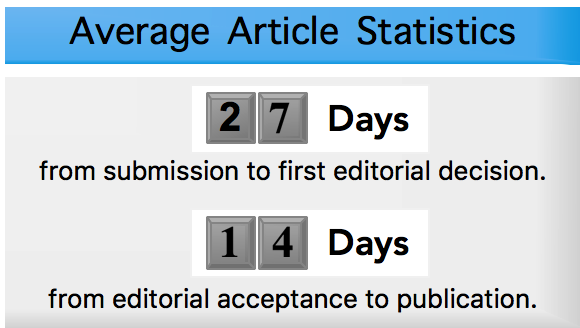Downloads
Abstract
We built a model labelling the Predicate Argument Structure (PAS) for biomedical documents. PAS is an important semantic information of any document, because it reveals the main event mentioned in each sentence. Extracting PAS in a sentence is an important premise for the computer to solve a series of other problems related to the semantics in text such as event extraction, named entity extraction, question answering system… The predicate argument structure is domain dependent. Therefore, in Biomedical field, it is required to define a completely new Predicate Argument frame compared to the general field. For a machine learning model to work well with a new argument frame, identifying a new feature set is required. This is difficult, manual and requires a lot of expert labor. To address this challenge, we chose to train our model with Deep Learning method utilizing Bi-directional Long Short Term Memory. Deep learning is a machine learning method that does not require defining the feature sets manually. In addition, we also integrate Highway Connection between hidden neuron layers to minimize derivative loss. Besides, to overcome the problem of small training corpus, we integrate Deep Learning with Multi-task Learning technique. Multi-task Learning helps the main task (PAS tagging) to be complemented with knowledge learnt from a closely related task, the NER. Our model achieved F1 = 75.13% without any manually designed feature, thereby showing the prospect of Deep Learning in this domain. In addition, the experiment results also show that Multi-task Learning is an appropriate technique to overcome the problem of little training data in biomedical fields, by improving the F1 score.
Issue: Vol 5 No 2 (2021)
Page No.: 1032-1039
Published: Apr 16, 2021
Section: Original Research
DOI: https://doi.org/10.32508/stdjns.v5i2.928
Download PDF = 530 times
Total = 530 times
 Open Access
Open Access 













